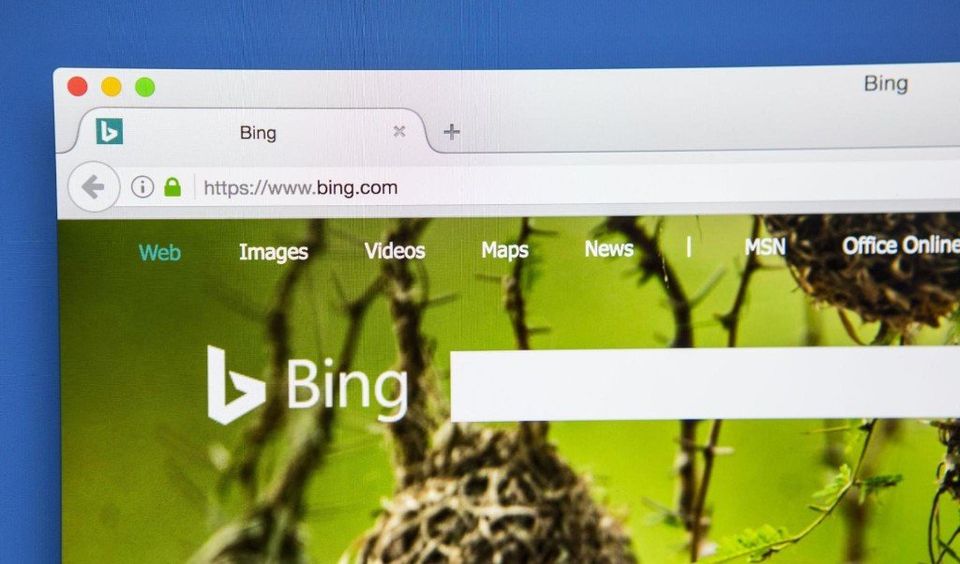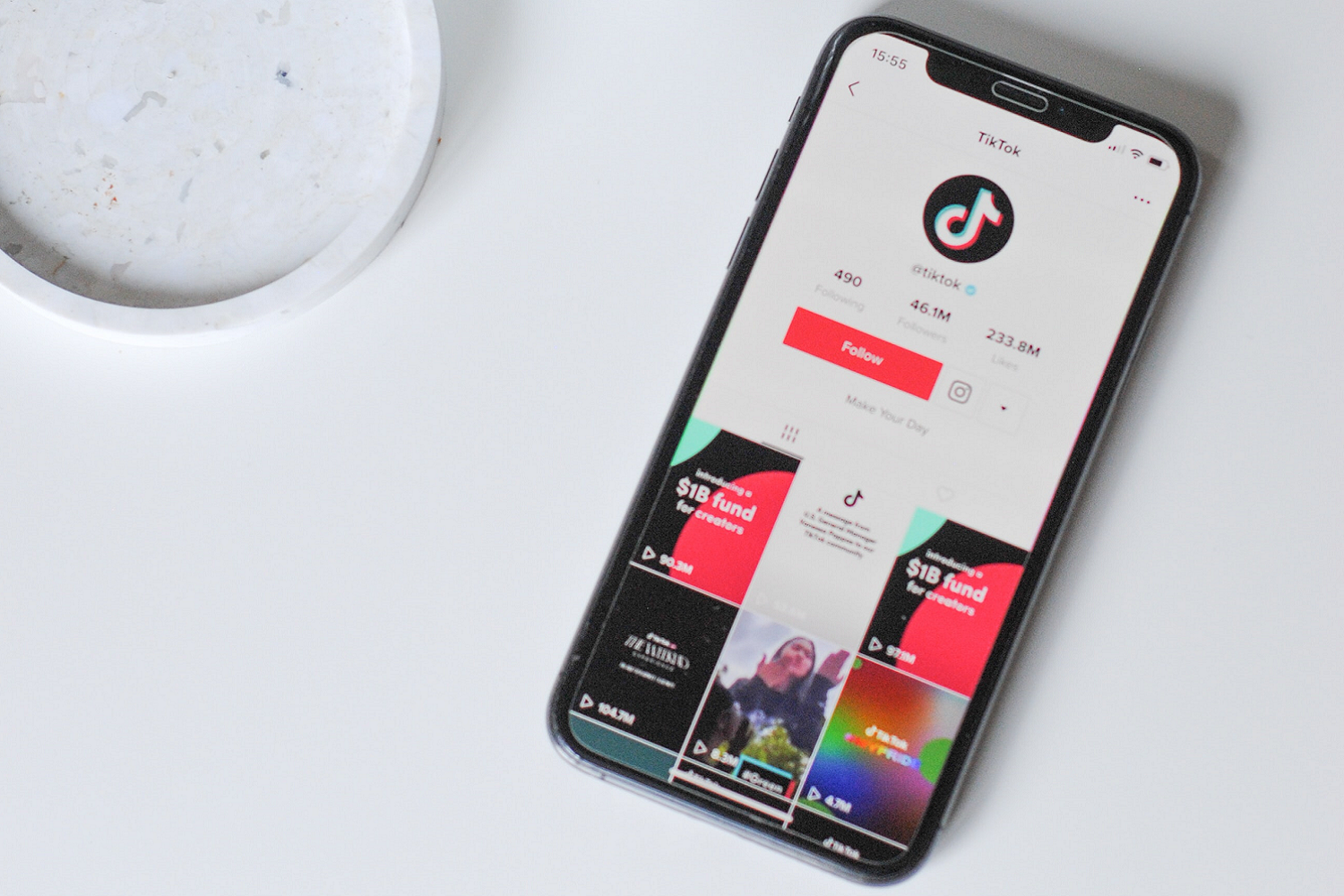Does Your SEO Speak to Voice Search Users?
Hello! Is this thing on? We just wanted to make sure you heard us loud and clear when we said: “Voice search is the most significant development to hit SEO since Google debuted.”
That may sound like a hot take, but statistics describing the growing usage of voice search resoundingly back it up. Twenty percent of all online searches in 2016 were voice searches , according to a Mary Meeker report. Comscore predicts that half of all searches will be made through voice commands by 2020 .
Searching using a voice function instead of a keyboard has huge ramifications for your organization’s SEO strategy. For starters, usually only one result is brought up, meaning you have to know exactly what it takes to earn that coveted spot. Secondly, the technical SEO best practices that make you more likely to rank in voice search are fairly different from the typical approach.
Don’t worry, though, because we’re here to break it all down for you. You’ll learn how and why people use voice search to gain insight on how you can meet their needs, and then you’ll learn how to implement voice search SEO best practices that can help boost your rank. Let’s get talkin’!
How Do People Use Voice Search in 2018?
The first rule of SEO is to always put the search user’s need for information over your need to rank.
Sure, you can climb the ranks the cheap way using grey hat SEO tactics, but those gains won’t last. Inevitably, Google, Bing and Alexa will change how their algorithm works and knock you back down. But if you consider the user’s needs foremost, you have a better chance at staying on top even when big search engine changes come through the pipes.
So, since it pays to know how and why people use voice search so you can meet their needs, here are a few interesting facts about voice search.
Firstly, the home is where the majority of consumers make their voice search queries. According to the Content Marketing Institute , 43 percent of people say they most frequently use the feature in their home, versus 36 percent who use it mostly in their car and 19 percent who say they most often use it “on the go.”
This statistic tells you two things:
- Those 90 million smart speakers sold annually are changing the way we interact with devices, opening new channels and opportunities that didn’t exist just a few years ago.
- The idea that people are mostly going to be using voice search as a hands-free option in their car is partially untrue. Voice search has a number of other benefits that compel people to use it beyond just driving without distraction.
What are the benefits hinted at in No. 2? While 61 percent of people do agree that searching using voice commands is “useful when hands/vision” are occupied, 30 percent say that it leads to “faster results.” Twenty-four percent say they have “difficulty typing on certain devices” and 12 percent say they want “to avoid confusing menus.” Twenty-two percent say they use voice search because it’s “fun/cool,” so those suspicious that it’s a novelty are fairly correct.
These insights paint a broader picture of how and why people use voice search, though. Namely: they want quick answers, and they don’t feel like they need to actually touch a device to get them.
In response to these needs, the gist of all the voice search SEO tips below is this: give people easy access to the information they want, and you’re more likely to rank.
So, how do you accomplish that goal? Here are some of those voice search tips in detail.
Focus on Semantically Related Keywords Over Exact Query Matches
Take a moment to think about how you would speak an online search query out loud versus how you would type it.
When we type, we often want to be get our query as specific as possible while using the fewest possible words. So, we might write something like “best laptop backpack” to find out which bag is most worth buying, and then we’ll likely click around or search again to find the best deal on said backpack.
But when we talk, we want to be specific without using awkward words or phrasings. As a result, we naturally gravitate towards strings of simple, descriptive words that may seem like a long phrase but that are easy to say out loud. We also want to avoid pulling up results that do a different action than we intended, since we can’t click or navigate as easily.
For example, we might say, “Siri, what is the best laptop backpack according to reviews?” Or, if we already know what we want, we might say, “Ok Google, find laptop backpacks by North Face under $200 near me.”
According to Google, 70 percent of voice queries the company handles use natural language , which means actual sentences rather than jumbles of words. One self-study by a smart speaker user found that the average word count of their queries was four.
In response to these trends, your keyword strategy should be less about shoehorning an exact match keyword in and more about covering all of the bases of your topic. Try to include phrases that you might think are things people would ask about your topic or product. Think more about long tail queries in sentence form, and try to include these in a natural way.
Also, get straight to the information. Emphasize the six big question words: when, what, who, why, where and how.
If you think you’re better off adopting the old SEO strategy of making a new content page for each query type, think again. According to Backlinko, very few voice query results have exact keyword matches in their titles , meaning context is more important than verbatim matches.
Write Good, In-Depth Content, but Use Pithy, Quotable Phrases
Referring again to Backlinko’s study, the average voice search result was only 29 words in length. Yet, the average word count of a voice search result page was 2,312 words!
That may sound frustratingly paradoxical. Why go through all the trouble of writing thousands of words about something if a search engine’s just going to yank out a tiny sliver of that?
The answer is that the best content often covers several bases, as we suggested above. They go in-depth, explore lots of angles and reveal lots of information. A voice query, however, only needs a small part of that information. Accordingly, content that has voice results pulled from it tends to have pithy, quotable phrases.
So, as an example, this article will be well over 1,500 words by the time we’re done. If we wanted to offer up a voice assistant a juicy quote to sum up the answer to “what is voice search SEO?” we would say:
"Voice search SEO is a strategy for ranking highly on voice searches using natural-sounding content that’s packed with information and focused on search intent."
Google may not grab that answer, but here’s hoping!
Because quotable “sound bites” are the preferred information to pull results from, FAQ (frequently asked questions) absolutely rule for improving your voice search rank. To make these pages, you can source common questions about your industry or your business from the following:
●Google’s “Other People Searched” and “Searches Related to ___” suggestions
●Long-tail keyword suggestions from keyword planning tools
●Your own customers! Write down questions as you hear them, or look to resources like emails, feedback forms or HR reports.
Don’t Neglect Bing, Which Has a Bigger Share of Voice Search than Google!
Bing has always been mentioned second to Google—or not at all—when it comes to search engine optimization discussions. That makes sense in a text-based world, where Google handles an estimated 75 percent to 90 percent of all written queries .
The voice assistant world has changed everything though! Some of the most popular devices pull their search results from Microsoft’s Bing or Yahoo platform. These include:
●iPhones and other Siri-enabled Apple products
●Microsoft computers and mobile devices
●Microsoft Xbox One gaming consoles
●Amazon Alexa devices
●Connected cars powered by Alexa, including all BMW, Mini, Toyota, Lexus, Volvo and others.
So, pretty much any device that doesn’t run Android or doesn’t have a Google logo on it will be using Bing!
Luckily, Bing SEO isn’t that different from Google SEO . You just need to ensure that you have the tools to perform analytics on your Bing results and display your content properly in their search page.
Other Voice Search SEO Tips
The information above covers the basic essentials of voice search SEO, but here are a few more helpful tidbits before we send you on your way:
●70 percent of Google Home results use HTTPS instead of HTTP , so get your certificate!
●Authoritative domains tend to earn more results, so try to earn backlinks (ethically) through guest posting and social media amplification.
●The best-performing content tends to have high social media engagement, especially Facebook shares.
●Aim for a 9th grade reading level so your content is easy for a voice assistant to parse and read out loud.
●Earning a featured snippet makes you more likely to rank, but Schema markup isn’t necessarily important.
Beyond these tips, simply focus on creating great content that answers people’s questions quickly, and you could see improved voice search results!
Of course, it never hurts to create a more vigorous strategy and test whether your voice search optimization worked as intended. If you want to work with a voice SEO expert to help you get in good with the likes of Siri, Cortana, Alexa and Google, then get in touch with us today!
Are you looking for help navigating the ever complicated digital marketing space? We can help!
The Harvest














